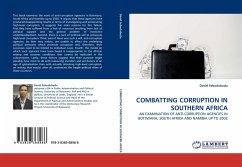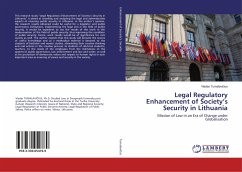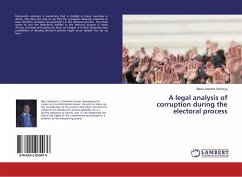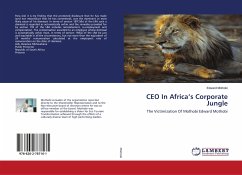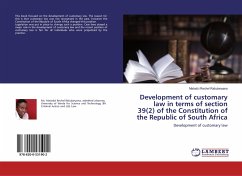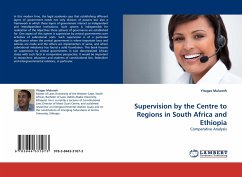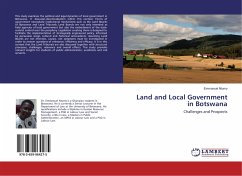This book examines the work of anti-corruption agencies in Botswana, South Africa and Namibia up to 2002. It argues that these agencies have produced disappointing results in terms of investigating and prosecuting high-level corruption. It suggests five main reasons for this failure. First,they have suffered from a lack of resources resulting from lack of political support and the general problem of economic underdevelopment. Second, there is a lack of political will to prosecute high-level corruption. Third, even if there was such a will, anti-corruption agencies, by their very nature, are unable to affect the underlying political pressures which promote corruption and, therefore, their successes need to be limited to individual cases. Fourth, the model on which such agencies have been based is inappropriate to the African setting and assumes conditions that cannot be replicated in the subcontinent. Lastly, these factors suggest that their purpose might possibly have more to do with reassuring investors and aid donors in an age of globalisation than with actually attacking high-level corruption, an activity that would, after all, undermine the fragile political elites of these countries.
